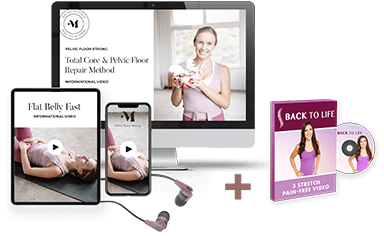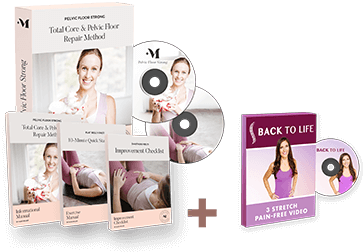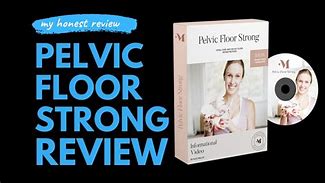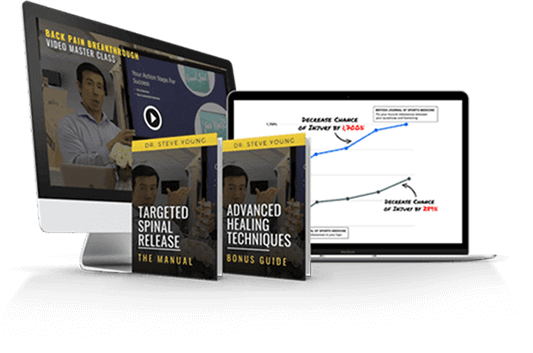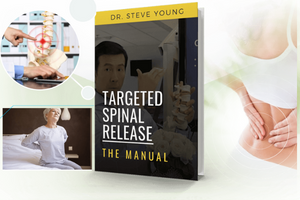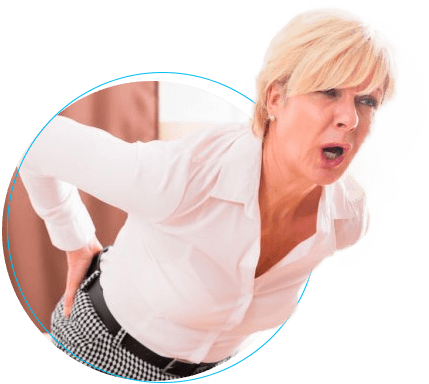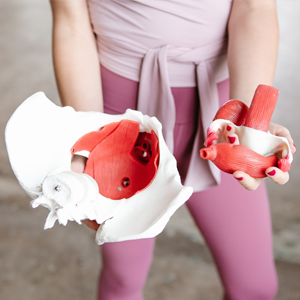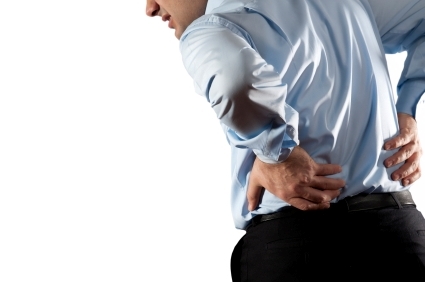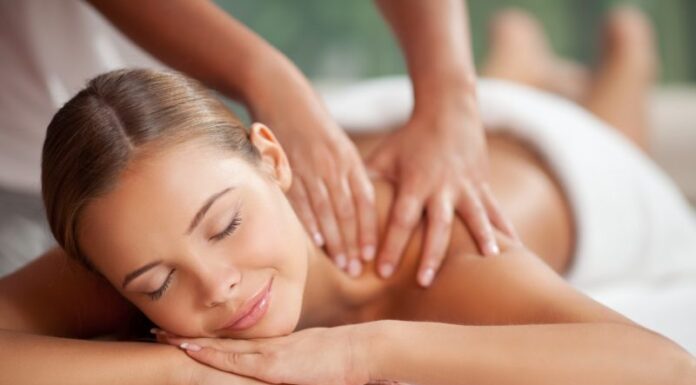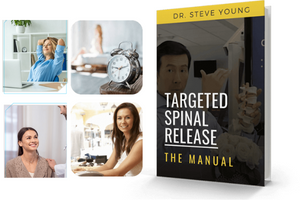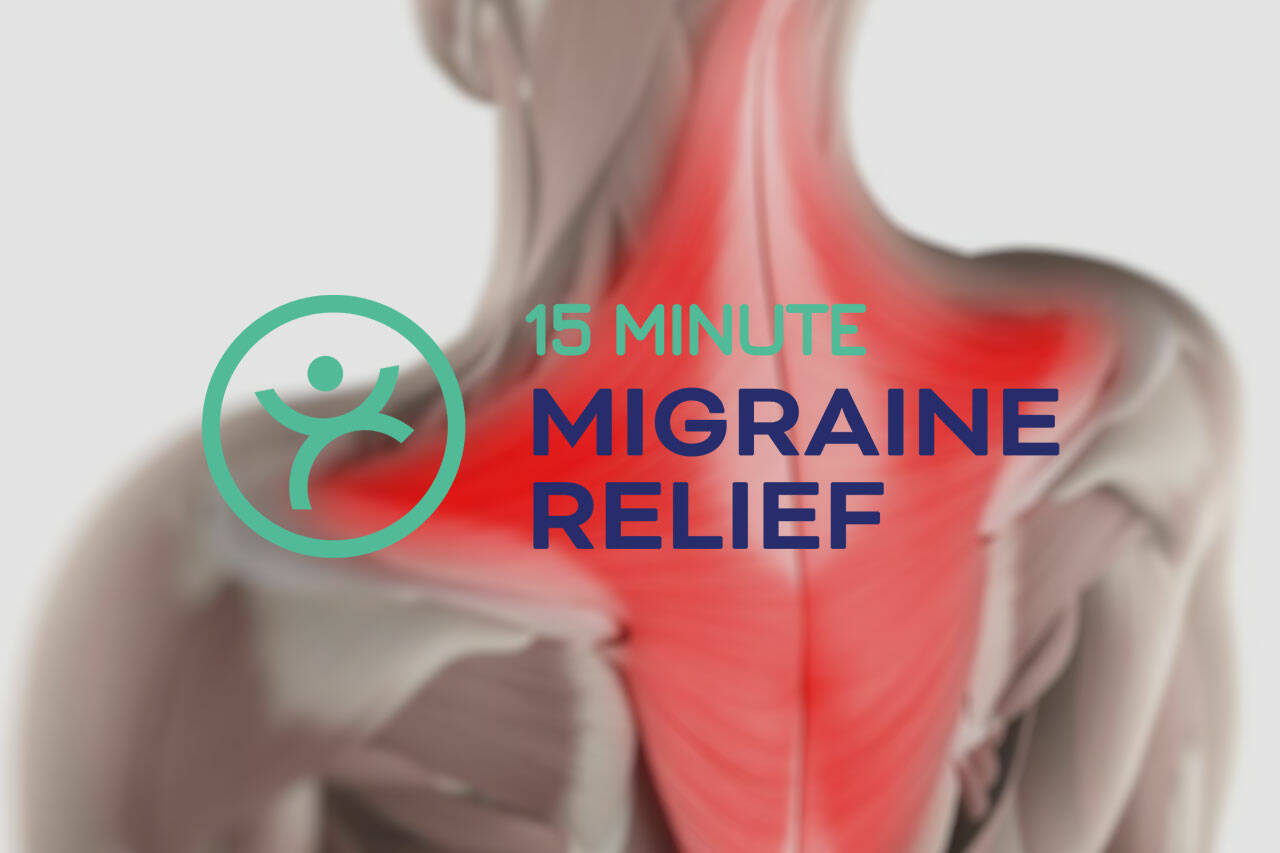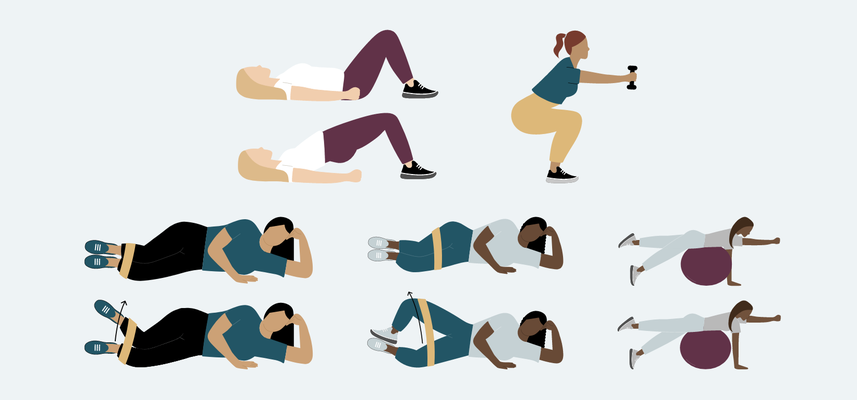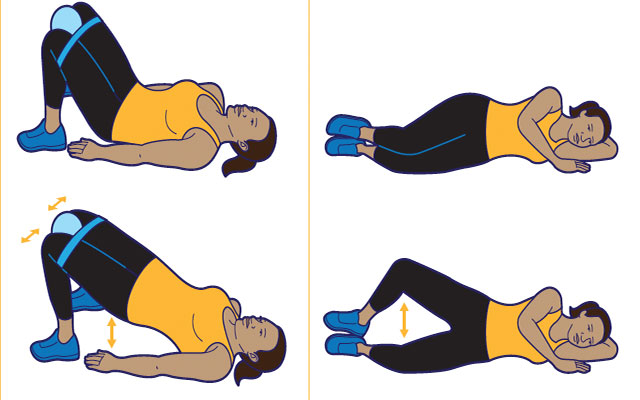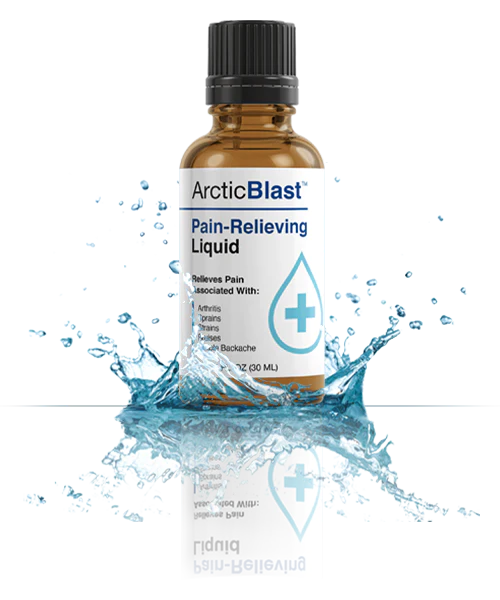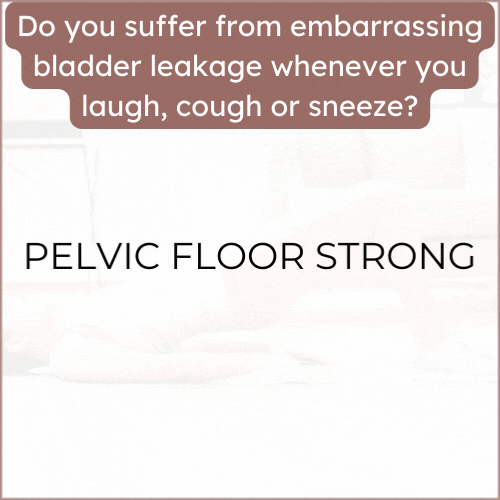How To Stop Bladder Leakage Naturally?
How To Stop Bladder Leakage Naturally?
Bladder leakage, also known as urinary incontinence, can be a frustrating and embarrassing problem for many people. Fortunately, there are several natural remedies and lifestyle changes that may help to reduce or eliminate bladder leakage. Here are some tips:
1. Kegel exercises: Kegel exercises can help to strengthen the pelvic floor muscles, which can help to prevent bladder leakage. To do Kegel exercises, simply contract your pelvic floor muscles (as if you were trying to stop the flow of urine) and hold for a few seconds, then release. Repeat several times a day.
2. Manage fluid intake: Drinking too much fluid (especially caffeinated or alcoholic beverages) can increase the frequency and urgency of urination, which can exacerbate bladder leakage. Try to limit your fluid intake, especially in the evening.
3. Dietary changes: Some foods and drinks (such as spicy or acidic foods, citrus fruits, and carbonated beverages) can irritate the bladder and increase the risk of leakage. Try to avoid these foods or limit your intake.
4. Weight management: Excess weight can put extra pressure on the bladder and increase the risk of leakage. Maintaining a healthy weight through diet and exercise can help to alleviate this pressure.
5. Hygiene: Keeping the genital area clean and dry can help to prevent infections and irritation that can contribute to bladder leakage.
6. Bladder training: Gradually increasing the time between bathroom breaks can help to retrain the bladder and reduce the frequency of leakage.
7. Herbal remedies: Some herbs, such as horsetail and corn silk, are believed to have diuretic properties and may help to reduce bladder leakage. However, it is important to consult with a healthcare professional before using any herbal remedies, as they may interact with other medications or have side effects.
It is important to note that while these natural remedies may be helpful, they may not be sufficient for everyone. If bladder leakage persists or worsens, it is important to consult with a healthcare professional to rule out any underlying medical conditions and discuss other treatment options.





